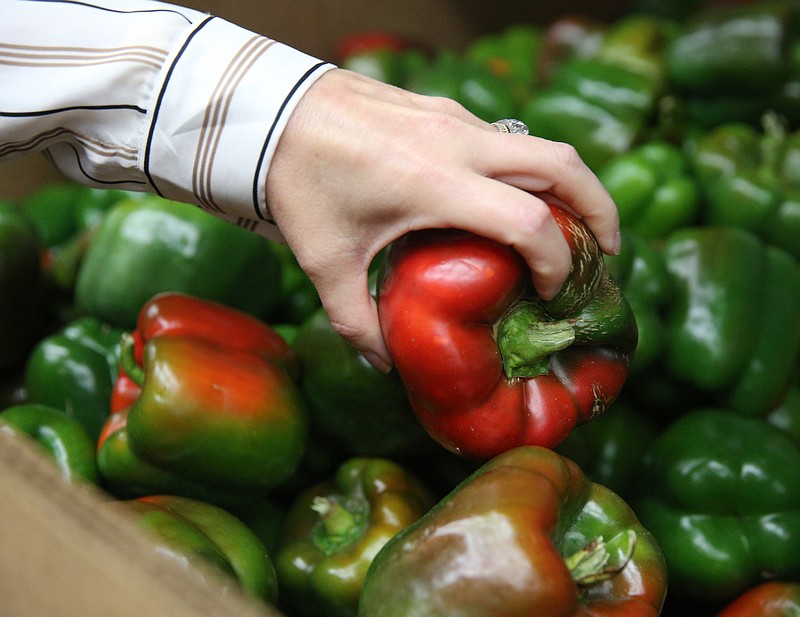Some Chattanooga-area community organizations and schools will use grants from No Kid Hungry to provide meals to students and families this summer.
Waivers and modifications to the summer feeding program from the federal government made it possible to expand meal distribution this summer, said Eleni Towns, associate director of No Kid Hungry, part of a nonprofit organization fighting child hunger.
"The summer meals program is a program that's existed for decades across the country. What's unique about it this year, in addition to the heightened need because of the pandemic, are these flexibilities, these waivers that the federal government has allotted for," Towns said. "So we are so thankful for organizations and districts for taking up the charge and operating more meals than they have in previous years, and it means that more families should have access."
The waivers allow groups more flexibility in meal distributions, like dropping off meals to families or creating a grab-and-go model, as opposed to previous requirements under which students would receive a meal at a school or program they were attending and would have to eat it on site.
"It really helps alleviate some of the access and transportation issues that we see, and really move forward with getting the meal to the kids, the full amount of meals that they need during the summer months," Towns said. "So those types of possibilities are really critical, especially in rural areas where - or in any area where - we know a lot of the kids are not in school during the summer or not in a program during the summer."
Additional pandemic food relief like pandemic electronic benefits transfer (P-EBT) cards were intended to supply families with access to groceries for students learning in a virtual or hybrid setting without access to school lunch. In Hamilton County, these cards did not begin arriving until April due to processing errors, potentially leaving families without food access for much of the school year.
The pandemic caused a surge in the number of meals distributed at some of these organizations. At Sewanee-The University of the South, the summer meals program has increased every year and grew significantly amid the pandemic, said interim Director of Dining Brent Tate.
"We were doing somewhere in the vicinity of 18,000 meals over the summer, but once the pandemic hit that number really jumped, so last year we did about 48,000 meals, and this year we are estimating to do about 54-to-56,000 meals," Tate said.
This year, the school received $18,000 from No Kid Hungry, and it serves communities in Marion, Grundy and Franklin counties, he said.
The Chattanooga Area Food Bank received $20,000 from No Kid Hungry, said CEO Melissa Blevins. The organization's goal is to serve 40,000 meals to 950 kids in Hamilton, Marion, Polk and Rhea counties, and volunteers from the food bank will drop off bags of food to communities once a week through the summer.
"I think it's really important for us as a food bank to spotlight the reality of our children going hungry in the summer, and funding like this gives us an opportunity to partner in some of our most rural and underserved communities to make sure these kids have enough to eat in the summer," Blevins said.
Contact Anika Chaturvedi at achaturvedi@timesfreepress.com or 423-757-6592.
